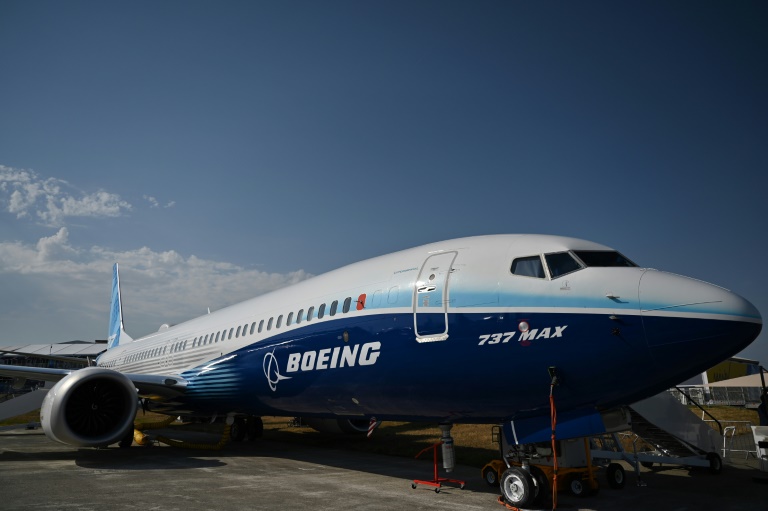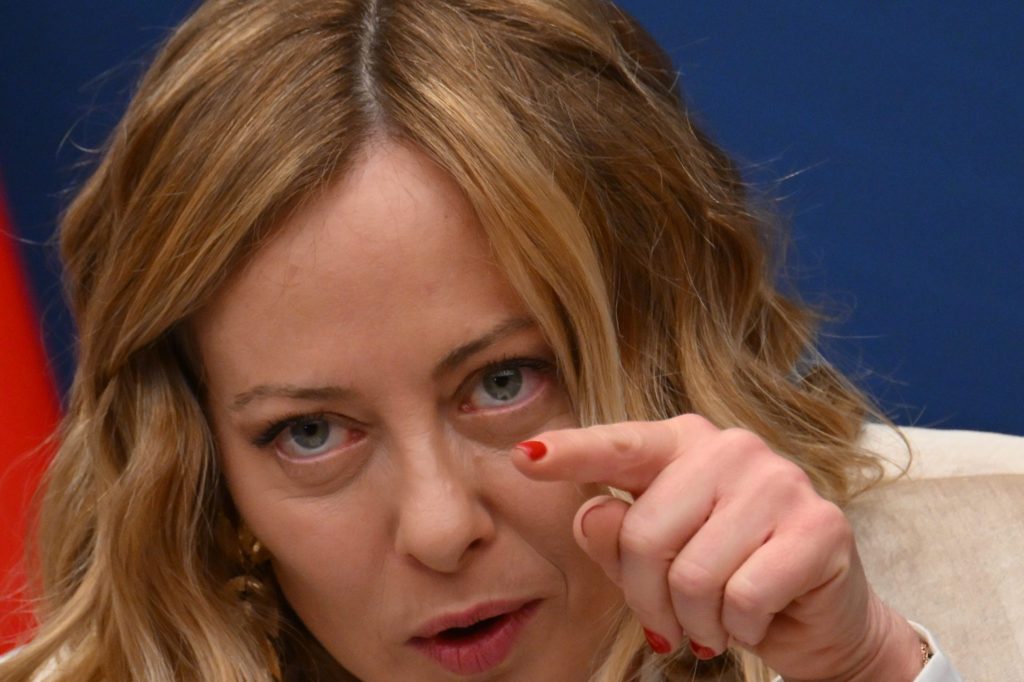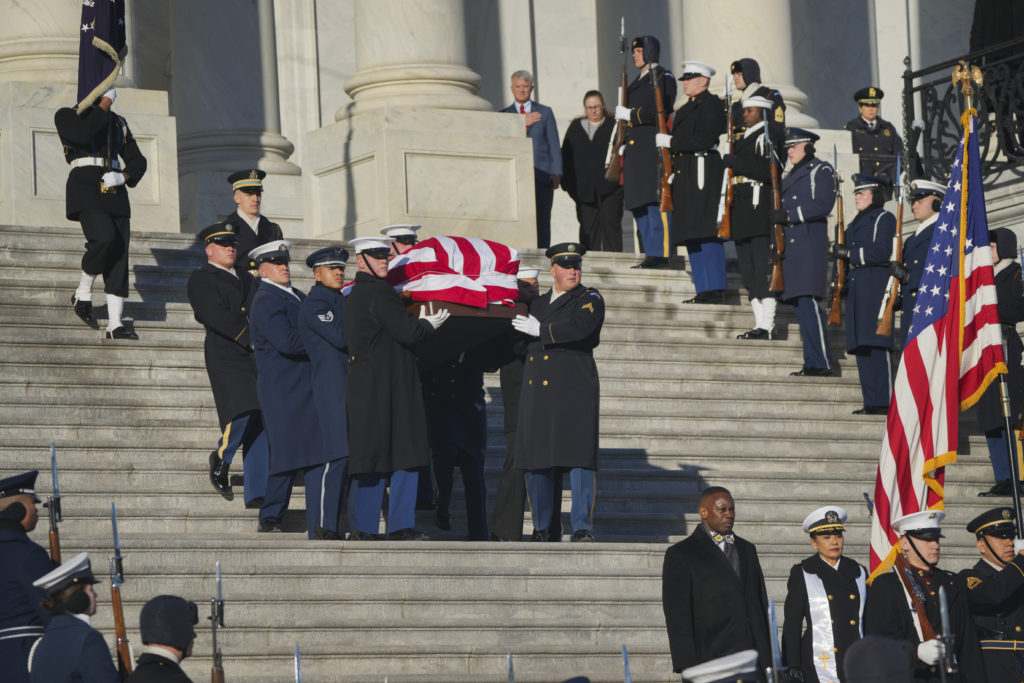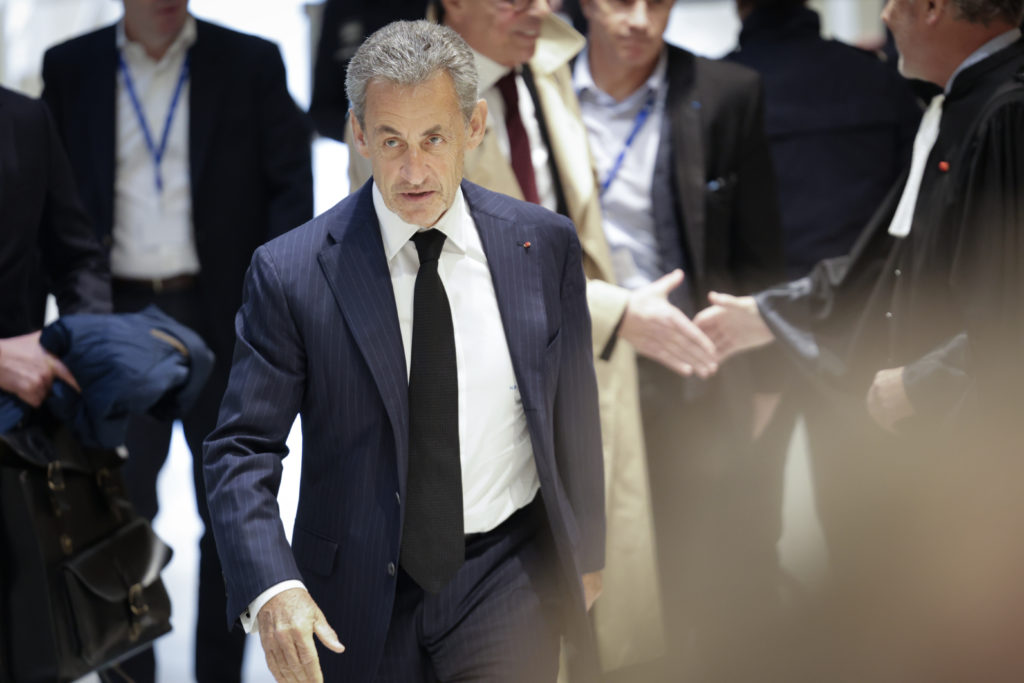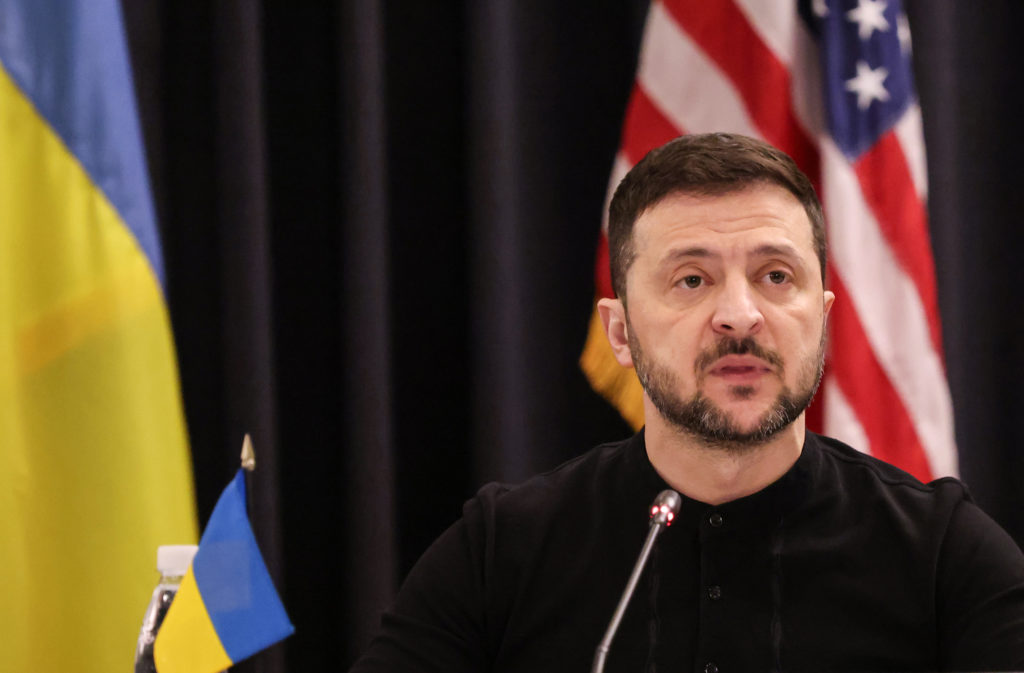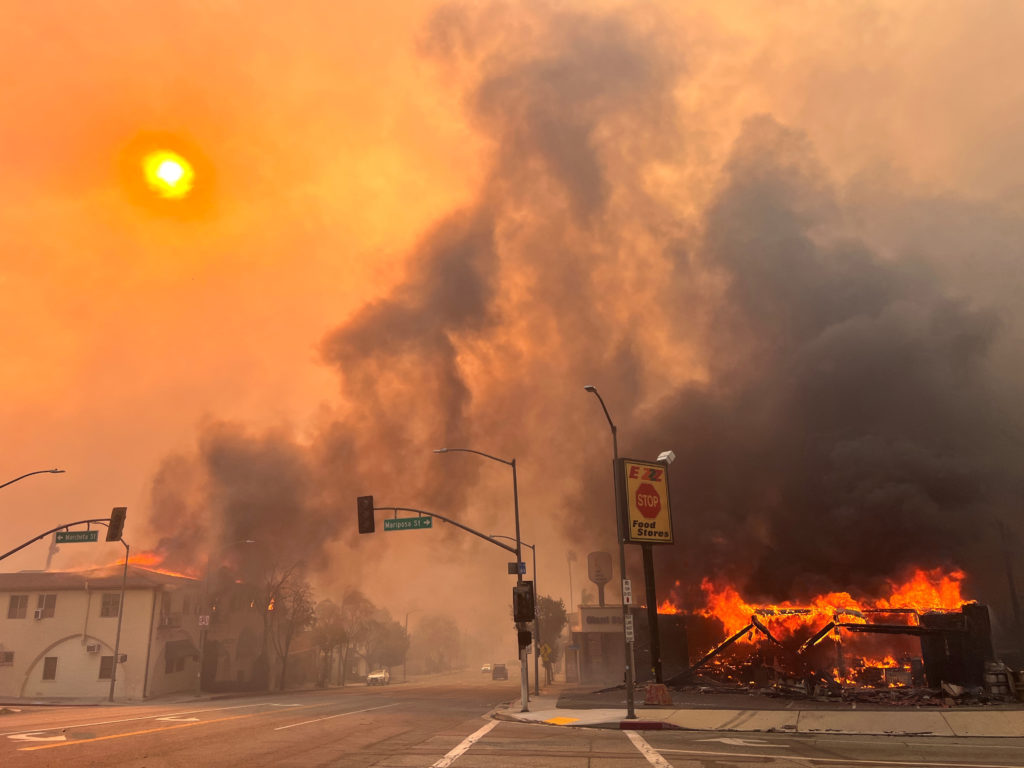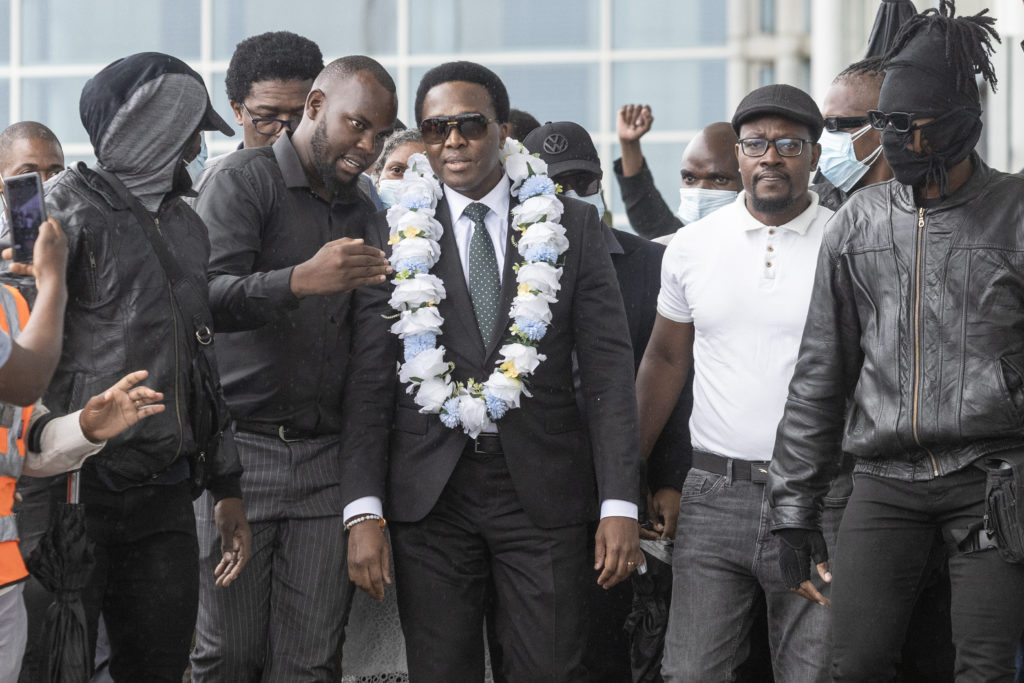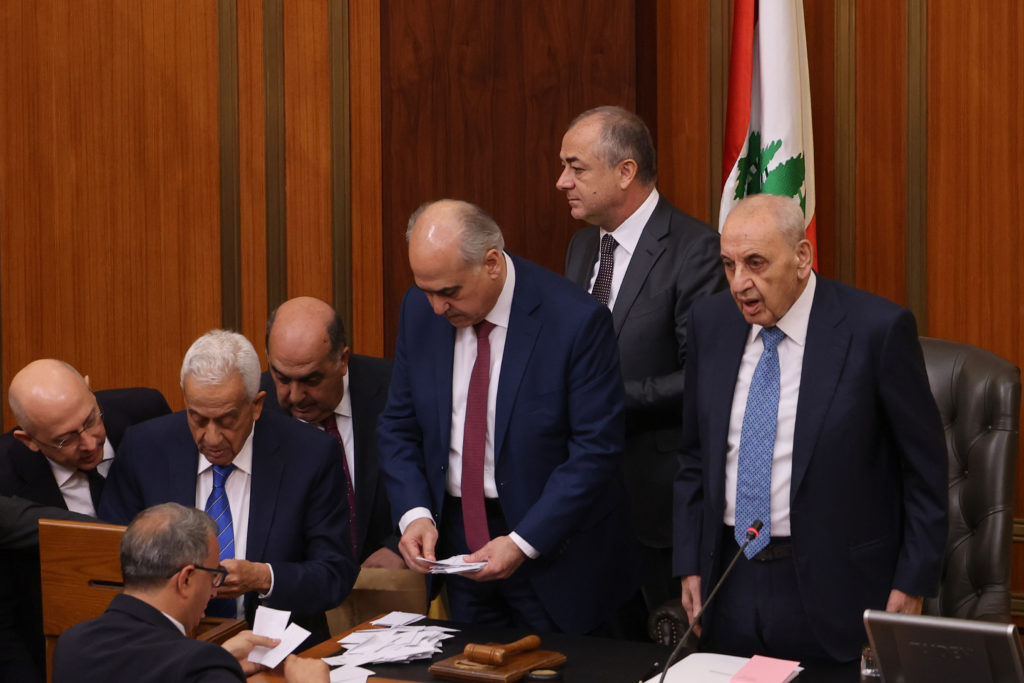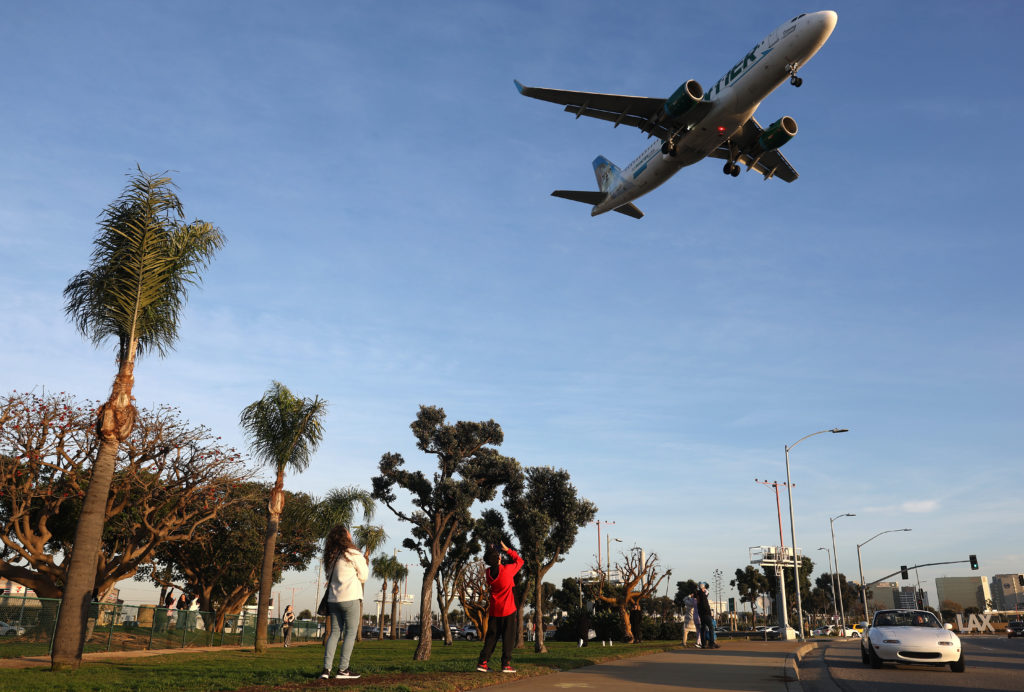US aerospace giant Boeing on Monday fired the first shot in an orders battle with European rival Airbus at Farnborough airshow, clinching a $13.5-billion deal for 100 MAX planes from Delta Airlines in a huge vote of confidence for the crisis-hit jet — and for the broader sector recovery from Covid.
The deal, announced on the first day of Farnborough amid a sweltering heatwave, marks a huge turnaround for the MAX jet which had suffered two deadly crashes in 2018 and 2019.
Outgoing British Prime Minister Boris Johnson meanwhile opened the prestigious five-day event as the aviation sector plots post-Covid recovery.
US carrier Delta lodged its first-ever order for medium-haul MAX 10 aircraft, with options for 30 more of the fuel-efficient planes as it seeks to replace its ageing fleet and cut emissions.
Boeing revealed also that Japanese airline ANA had agreed to purchase 20 of its smaller MAX 8 jets — worth $2.4 billion — plus two 777-8 freight planes.
– ‘Persuasive case’ –
“We always take pride in the quality of our customers and how good they are at their trade,” said Boeing chief executive Dave Calhoun, speaking to CNBC after the news.
“What that says about the evaluation of our airplane, vis-a-vis whatever we compete against, their selection of the (MAX 10) plane reflects that,” he said, adding that Boeing had made a “persuasive case” for the jet whose production still faces supply-chain issues.
Delta boss Ed Bastian added that the aircraft would help it improve fuel efficiency and secure a “more sustainable future for air travel”.
The news comes as airlines worldwide seek to replace ageing fleets with fuel-efficient planes that emit less carbon dioxide.
Defence aerospace companies are also expected to emerge as big winners at Farnborough, with Russia’s invasion of Ukraine boosting spending on armed forces worldwide.
Russian companies have been banned from the show due to the war.
The event also coincides with fast-moving political turmoil in Britain after Johnson’s recent announcement that he is stepping down as Conservative party leader, sparking a divisive contest to replace him also as prime minister.
– ‘Handing over controls’ –
“This government believes in aviation and its power to bring jobs and growth to the entire country,” Johnson said Monday in opening remarks, before alluding to his exit from Downing Street.
“After three years in the cockpit… I am now handing over the controls seamlessly to someone else. I don’t know who,” he added, sparking laughter from delegates.
Johnson also noted that his Conservative government was “investing massively in defence”.
This year’s event — one of the world’s largest civilian and defence shows — is the first global aviation get-together since the Paris airshow in 2019, before Covid hit.
Farnborough was cancelled in 2020 as the Covid health crisis grounded aircraft and ravaged the sector.
Global air traffic is gradually recovering and in May reached more than two-thirds of its pre-pandemic level, according to the International Air Transport Association.
That recovery has however faced headwinds from rocketing inflation fuelled by historically high energy prices and higher wages, while staff shortages constrain airports and have sparked summer flight cancellations.
– Air displays –
Visitors to Farnborough witnessed air displays by Britain’s Red Arrows and South Korea’s Black Eagles, as well as from the US-made F-35 stealth fighter.
Airbus and Boeing are showcasing their latest twin-aisle passenger aircraft, the A350-900 and the 777X.
Ahead of the event, Britain issued a historic red warning for extreme heat, with southern England temperatures potentially exceeding 40C for the first time on Tuesday.
“It’s pretty challenging and we know that tomorrow is going to be a little bit warmer,” said John Paul Frasier, special advisor for Canadian aircraft manufacturer De Havilland.
“People who come to visit are really happy to visit.”

